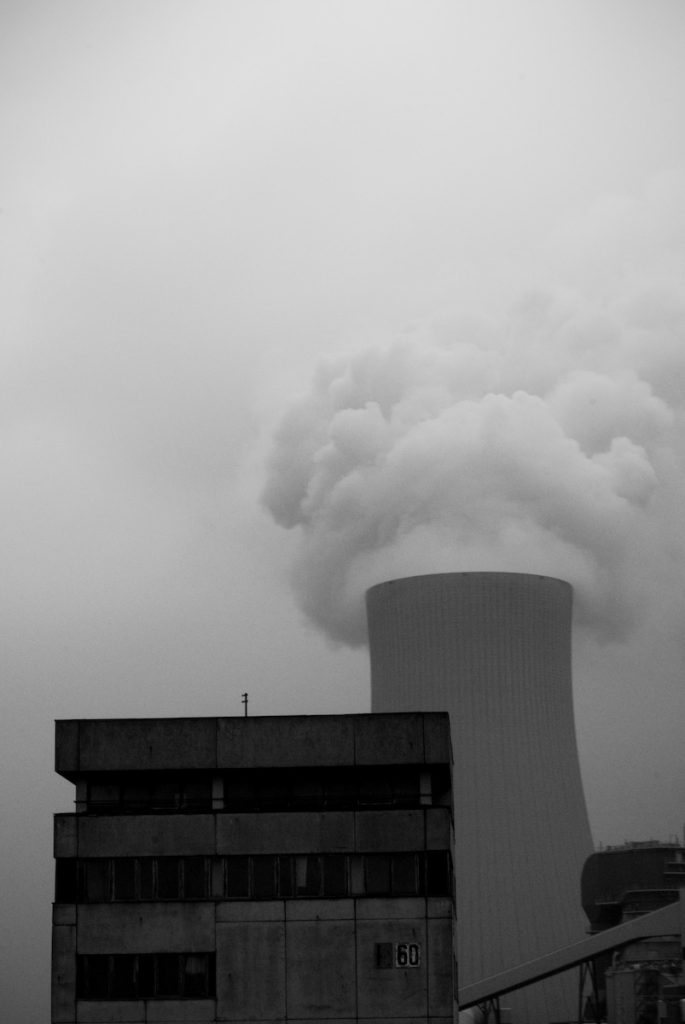
North Korea, the world’s most isolated, secretive, and ruthless communist regime, has passed a new law that not only declares itself as a nuclear state but effectively allows pre-emptive nuclear strikes. The brutal dictator of North Korea, Kim Jong Un, resolutely announced that the nuclear status of his country was now “irreversible.” For decades since the end of the Korean War, North Korea isolated itself from the outside world on every front possible, lest its people receive outside information that would lead to the discovery of truth by the heavily indoctrinated North Korean population and thereby threatening the political stability of the “Kim Dynasty.” North Korea is also under substantial and longstanding international sanctions over its notorious human rights abuses, both at home and abroad, and its nuclear programs. As a result of the regime’s economic and political practices, North Korea confronts a never-ending food crisis that is so severe that, despite international humanitarian aid and the support from its only ally—Communist China—some 10.3 million North Korean residents, equivalent to more than 40 per cent of North Korea’s total population, were still experiencing malnutrition in 2020 based on the World Food Program. Notwithstanding North Korea’s struggle to feed its own people, Kim Jong Un continues taking on his “irreversible” move to permanent nuclear power. In response to this provocative legislation from North Korea, Seoul warned North Korea that using nuclear weapons in any circumstances would lead to a path of self-destruction. White House Press Secretary Karine Jean-Pierre reassured South Korea that the United States “remains fully committed to the defense of (South Korea), using the full range of defense capabilities.” While it remains unlikely, according to some North Korean experts, for Kim Jong Un to strike nuclear weapons at first, such legislation may have effectively closed the door for the negotiation of denuclearization. In addition, with tensions between the United States and Communist China escalating over various political, economic, and human rights issues, there is no reason to believe that Beijing would suddenly play a positive role in the denuclearization talk with North Korea in any foreseeable future. As the former National Security Advisor John Bolton repeatedly pointed out, North Korea is less likely to give up its nuclear program through negotiation and the Trump-style high-level government re-engagement with North Korea may only furnish the regime a shield behind which to continue its nuclear program while ostensibly cooperating with the international community. It may be the time to consider alternative solutions to this pressing global security issue. Such alternative options, as suggested by Bolton, could be regime change and the use of force.
